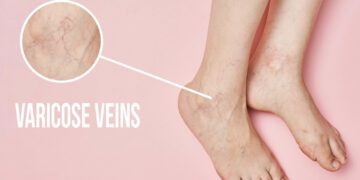Dr Tribhuvan Gulati
A weaker immune system, your body’s protection against pathogens, makes it more likely that you may have infections, including thrush if you have diabetes.
Thrush is an infection caused by the fungus Candida albicans. It’s also referred to as candidiasis or a yeast infection. Anyone may obtain it. However, it is a bigger issue for diabetics.
Diabetes causes an abnormally high quantity of sugar in the blood. If you don’t regulate it, it causes damage over time, creating the ideal condition for a yeast infection.

When Fungus Gets Out of Hand
Many different types of fungi and bacteria dwell on your skin and within your body. Normally, you are unaware of their presence. There is a delicate equilibrium between them and your immune system that keeps them at bay. However, if the balance is tipped, the bacteria or fungus can grow out of control and create an illness.
Diabetes impairs your immune system by altering the cells that typically fight pathogens. This makes it more difficult for your body to defend and mend itself. As a result, you’re more susceptible to infections, including thrush.
Yeast gets its energy from sugar. If your diabetes is not well-controlled, your blood sugar levels might skyrocket. This increase in sugar can lead to yeast overgrowth, especially in the vaginal region. As a result, your body may acquire a yeast infection.
Keeping your blood sugar levels stable may help lower your risk of infection. If you have diabetes, you should get screened for vaginal yeast infections on a regular basis.
Treatment Options For Fungal Infection
Treating a yeast infection can be difficult since there are just a few over-the-counter (OTC) “anti-fungal” medications available, and they are not inexpensive. Furthermore, one antifungal therapy may be ineffective while the next alternative on the shelf is. It may take some trial and error to find the most effective medicine for your body.
Begin by lowering your blood sugar levels: If your yeast infections are regular and reoccurring, consult with your healthcare provider to determine what’s causing the infections. Diabetes medication adjustments can work miracles! No antifungal therapy can assist a yeast infection unless you also lower your blood sugars to a healthy level.
The writer is a Diabetologist at Apollo Spectra, Delhi
Subscribe on WhatsApp & Telegram to receive real time updates
Follow Health In Five on LinkedIn, Facebook, Twitter & Instagram







































